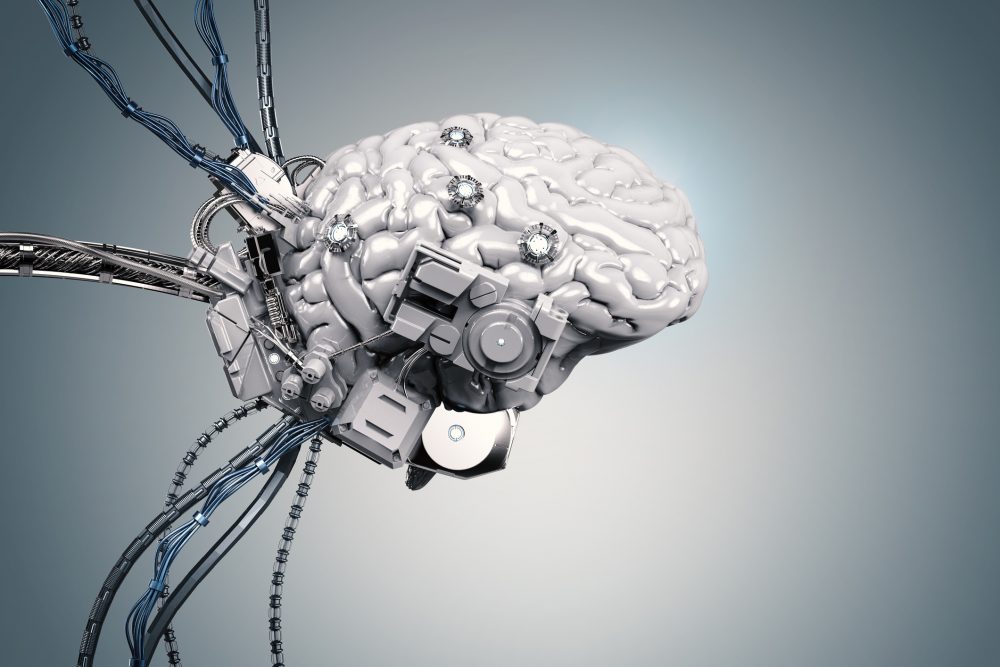Automation, digitization, and innovation are changing the way we work. Understanding these shifts can help HR leaders prepare for the impact of artificial intelligence on the workforce, and the responsibilities of each party (employer and employee) in managing the changes that come with it.
Predictions about the future of work for organizations and the millennial generation are summarized below:
Artificial Intelligence will create more jobs, not mass unemployment
The discourse about Artificial intelligence (AI) rising and taking over human job roles has been a topic of debate among business and tech experts. The fear of automation and technological change has been in existence with every prior generation from the era of the industrial revolution to the dot com era.
With innovation being guided responsibly, the impact of AI opens up new windows of opportunities. Although some jobs will become extinct, new roles and new skills will also be in demand. We might not exactly know what jobs will be in demand come 2030, but what is certain is there will not be a shortage of jobs in the future but rather a shortage of skills to fill these job roles.
Majority of the Workforce will become freelancers and remote workers
Full-time employment is fast becoming a thing of the past. Millennials are beginning to develop the mentality that work does not need to be a daily 9-to-5 office routine. We are already noticing a departure from the traditional working structures, with companies embracing elements of flexible and agile working. This is an occurrence in large and medium-sized corporations in the UK and US, and also among multinationals operating in my home country – Nigeria.
Agile and flexible working is expected to be on the rise as millennials want to be in charge of their lives and destinies. HR needs to prepare for this and develop flexible approaches to embrace these changes. With more flexibility, people can take on different roles, working for more than one organization, in varying job capacities, thus becoming multi-skilled.
There will be a radical shift in the design of the educational system
As the future of work is gradually changing, so will the educational system. The people you will render services to in the future will not be your managers or bosses, but rather your clients. The future educational system will become more flexible to meet the needs of the changing workforce. Rather than boxing students into studying arts, sciences or math’s as separate disciplines, school curriculums would become more project-based, embracing problem-solving techniques.
Project-based schools founded by tech experts are currently sprouting up across the United States. One of such institutions is Holberton School ; a project-based college in San Francisco for Software Engineers.
School curriculum will also embrace life-long learning techniques, debunking, and breaking down the idea that what you study in your youth becomes your constant career across your entire life. Skill sets keep changing, thus the 21st century worker needs to be prepared for the future of work, up-skilling and re-skilling to make themselves more attractive in the job market place.
Cities will compete against each other for top talent
The talent war will not be between companies but rather between cities. Since remote and agile work is becoming the norm, people can decide to live in cities of their choice, as opposed to staying close to their workplace. Cities will need to provide attractive living conditions in a tech-friendly environment to lure prospective residents.
As the workforce evolves, organizations need to do away with habits from the industrial era to ensure a more productive future for the business at large. There must be a shift in mindset away from the human versus machine dichotomy, to how humans and machines can work together to solve organizational and world problems at large. The power for innovation ultimately lies in the hands of humans and it is humans who determine the next course of action.


